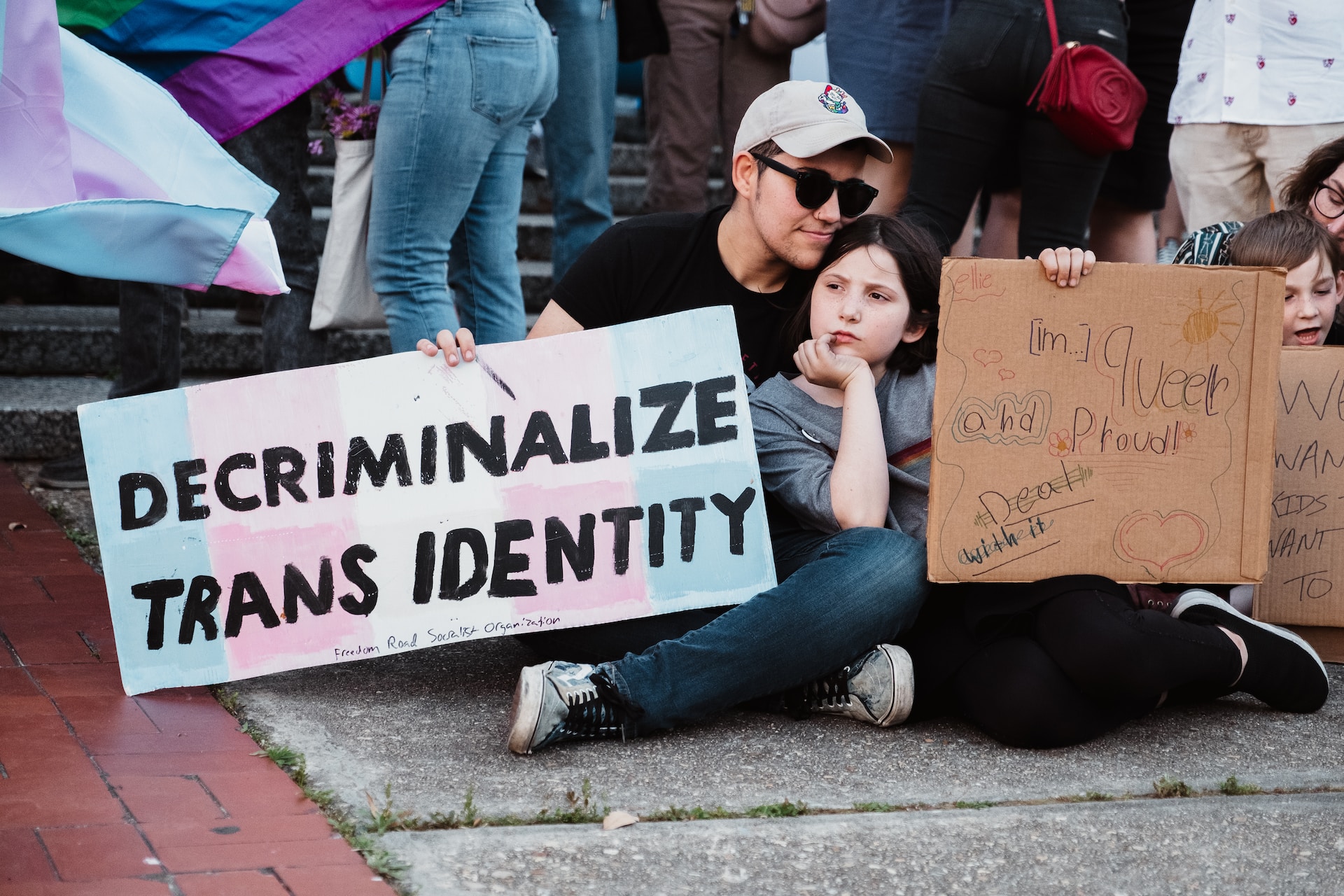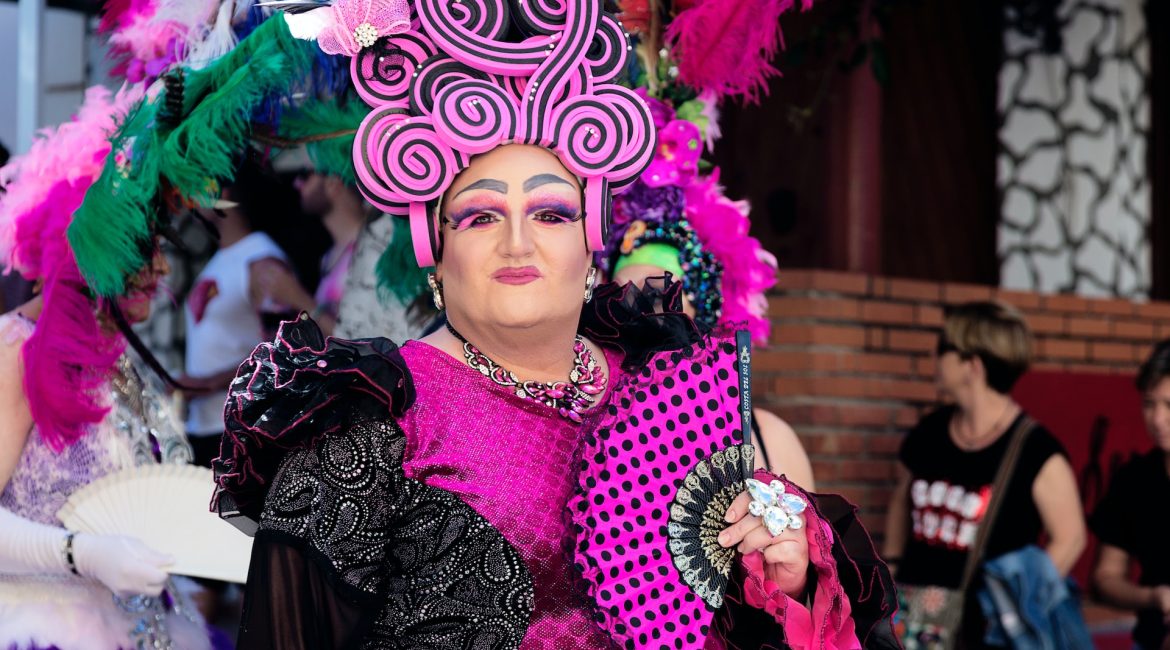In a landmark ruling, the U.S. Supreme Court, by a 6-3 majority, rejected an urgent plea from Florida to implement a contentious law aimed at drag show performances. The legislation, a subject of intense debate in the current cultural conflicts, faced opposition for potentially infringing upon free speech rights. Dissenting from the majority were conservative justices Clarence Thomas, Samuel Alito, and Neil Gorsuch.
The Disputed Legislation
Termed the Protection of Children Act, this statute makes it illegal to allow minors into “adult live performances” that are classified as sexually explicit by the state authorities. This act forms a part of a wider conservative agenda opposing LGBTQ rights, a cause fervently supported by Florida’s Governor Ron DeSantis, who is eyeing a presidential bid. DeSantis has been notably proactive this year in advocating for similar legislations, including those that limit healthcare for transgender individuals.

Legal Challenges and Rulings
The law was initially blocked by a district court judge, citing its vagueness and potential violation of the First Amendment. Terms like “lewd conduct” were not clearly defined, leading to the injunction. The 11th U.S. Circuit Court of Appeals upheld this decision, keeping the block in place statewide.
Hamburger Mary’s Case
The challenge to the law was spearheaded by Hamburger Mary’s, an Orlando-based bar and restaurant known for hosting family-friendly drag shows. The restaurant’s legal team argued that while their shows are not harmful to minors, they could still be targeted due to the law’s overbreadth and vagueness.
Nationwide Implications
The district court’s decision to prevent the state from enforcing the law was not limited to Hamburger Mary’s but applied across Florida. This was a point of contention for state officials, who argued that the judge overstepped their authority by imposing a statewide injunction.
Supreme Court’s Stance
In a brief opinion, conservative Justice Brett Kavanaugh, joined by Amy Coney Barrett, outlined why he voted against the state’s request. Kavanaugh highlighted that the specific issue brought before the court was not typical of cases they would consider, describing it as an “imperfect vehicle” for addressing broader legal questions about district courts enjoining laws against non-parties.
Looking Forward
The Supreme Court’s decision marks a pivotal moment in the ongoing debate over LGBTQ rights and free speech in the United States. It underscores the complexity and sensitivity of these issues, especially as they intersect with the nation’s cultural and political landscape.
©loveinclusion.org





